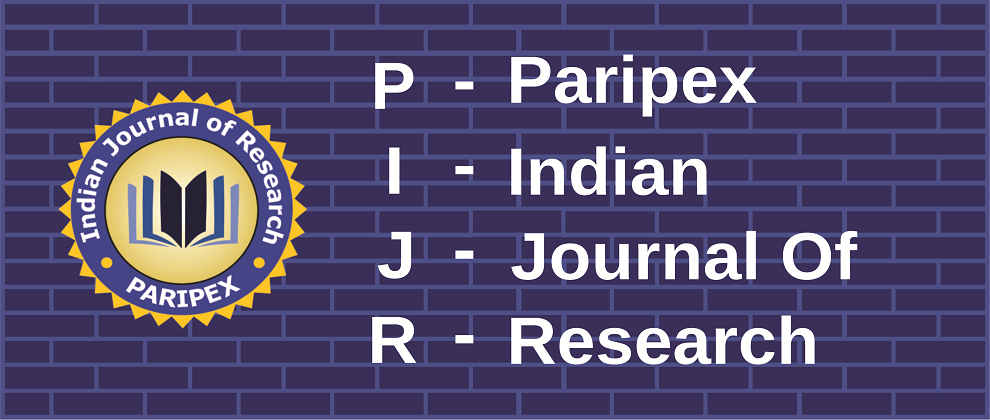Volume : VII, Issue : III, March - 2018
Renal Transplant in Elderly: a Viable Option?
Ramprasad E, Varun B, Manikandan S, Gnanasambandan R, Jayakumar M
Abstract :
The number of people requiring renal replacement therapy (RRT) is on a rise, and the elderly population is among the rapidly growing groups, especially in the western world [1–4]. ESRD is increasing in the older patients, with the median age at diagnosis of ESRD in the united Kingdm being 64.9 years [1]. In the USA, the number of waitlisted patients aged over 65 years increased from 7% in 1997 [3] to >15% in 2009 [5]. With increasing numbers of elderly patients with ESRD, it has become increasingly important that we are well aware of the available treatment options and the relative risk to benefit profile of each. Dialysis (Peritoneal dialysis or Hemodialysis) and renal transplant are the principal renal replacement therapy modalities available for the elderly ESRD [3]. Renal transplantation is ideally the modality of choice in ESRD patients. It scores over dialysis with respect to patient survival, cost effectiveness and the quality of life [6–12]. However, option of transplantation is offered infrequently elderly patients. It has been reported that < 5% of patients aged 65 years or more, who are on dialysis will receive a renal transplant (1, 2). It has been shown that, the benefits of renal transplant are similar in elderly as compared to the younger recipients [13–19]. Renal transplantation is still controversial in elderly, and the rates of transplantation in elderly are still modest [7]. This could be because of the various ethical issues involving the allocation of the scarce organs, and the controversies regarding the cost–effectiveness of doing a transplant as well as its efficacy in this cohort, and the hesitancy of the physicians to refer them for transplant [8, 9]. Many physicians consider dialysis as a more stable option with acceptable rates of survival and low short term risks. In contrast, renal transplant though may lead to a longer life expectancy with improvement in quality of life, it is considered to have significant short term risks morbidity and mortality. In a Canadian study, it was found that among patients aged over 65 years, 26.5% were not referred for assessment for renal transplant, despite having no contraindications [10]. In this short review, we will discuss about some common skepticisms holding us back from transplantation in the elderly.
Keywords :
Article:
Download PDF
DOI : https://www.doi.org/10.36106/paripex
Cite This Article:
Ramprasad E, Varun B, Manikandan S, Gnanasambandan R, Jayakumar M, Renal Transplant in Elderly: a Viable Option?, PARIPEX‾INDIAN JOURNAL OF RESEARCH : Volume-7 | Issue-3 | March-2018
Number of Downloads : 207
References :
Ramprasad E, Varun B, Manikandan S, Gnanasambandan R, Jayakumar M, Renal Transplant in Elderly: a Viable Option?, PARIPEX‾INDIAN JOURNAL OF RESEARCH : Volume-7 | Issue-3 | March-2018


 MENU
MENU

 MENU
MENU


